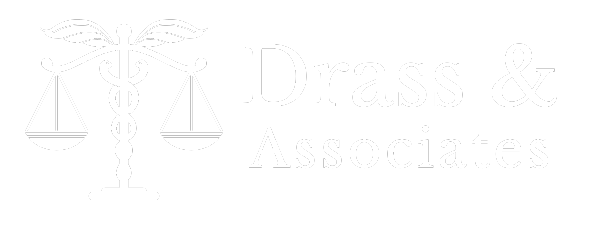I just commented the following on an insightful post by Kevin Hyer of The Hyer Calling Foundation, Inc. on LinkedIn. Working with recovery innovators such as Kevin and Chris Therien of The Therien Foundation has been a true blessing for me as I am now able to pay more attention to people leaving treatment and going on to build happy and productive lives in recovery.
Different substances and activities can have different effects on the brain and body, and can lead to different consequences. For example, alcohol and drugs can damage the brain and liver, while gambling can lead to financial ruin and social isolation.
However, there are also some similarities between substance and behavioral addictions. Both types of addictions involve compulsive use of a substance or activity despite negative consequences. Both can also lead to changes in the brain that make it difficult to stop using the substance or activity.
Ultimately, whether a substance or activity is addictive depends on the individual’s brain chemistry and how the substance or activity affects them. Some people may be more susceptible to addiction than others.
There is social injustice for people in recovery. People in recovery often face discrimination and stigma, which can make it difficult to find housing, employment, and healthcare. They may also be denied access to certain benefits and services.
Here are some examples of social injustice that people in recovery may face:
- Discrimination in employment: People in recovery may be denied employment because of their past drug use. This is illegal under the Americans with Disabilities Act (ADA), but it still happens.
- Discrimination in housing: People in recovery may be denied housing because of their past drug use. This is also illegal under the Fair Housing Act, but it still happens.
- Discrimination in healthcare: People in recovery may be denied healthcare or charged higher rates for healthcare because of their past drug use. This is illegal under the Affordable Care Act, but it still happens.
- Denial of benefits: People in recovery may be denied benefits such as food stamps, housing assistance, and welfare because of their past drug use. This is illegal under the Social Security Act, but it still happens.
With true recovery comes the hope that the person’s “bad” symptoms/ survival skills developed during active use are replaced with healthy and positive behaviors. Recovery can make people into better people. Here are some reasons why:
- People in recovery develop empathy. They have been through a lot, and they know what it is like to struggle. This gives them a deep understanding of the human condition, and it makes them more compassionate and understanding of others.
- People in recovery are grateful. They know how close they came to losing everything, and they are grateful for the second chance they have been given. This makes them appreciate the things they have, and it makes them more likely to help others.
- People in recovery are resilient. They have overcome addiction, which is one of the most difficult things a person can do. This gives them a strong sense of self-efficacy, and it makes them more likely to succeed in other areas of their lives.
- People in recovery are determined. They have set their sights on a goal, and they are not going to let anything stand in their way. This determination makes them more likely to achieve their goals, both in recovery and in other areas of their lives.
- People in recovery are helpful. They know how important it is to have support in recovery, and they are more likely to give back to others. This makes them valuable members of their communities.
